
If in the past, vocational training did not really attract workers, now the province's vocational education system has clearly changed in both scale and quality.
Up to now, the whole province has 27 vocational training establishments, including 3 colleges, 5 intermediate schools, 9 vocational education - continuing education centers and 10 other establishments participating in vocational training.
Of these, 12 facilities have met quality inspection standards, accounting for 44.4%. The facilities are reasonably distributed, linked to the socio -economic development strengths of each locality.

Along with improving quality and expanding training professions to meet the demand for qualified workers, Lao Cai College has been focusing on expanding links and cooperation with businesses inside and outside the province, creating job opportunities for students right after graduation.
Along with maintaining cooperation and training links with dozens of vocational schools and businesses nationwide, the school is promoting international cooperation with organizations and vocational schools in Korea, China, the US, Australia, etc.
Notably, the employment rate of graduates is over 80%, with many occupations reaching over 90%. Key industries such as tourism, services, mechanical engineering - manufacturing, information technology, high-tech agriculture, etc. attract a large number of students, contributing to meeting the demand for high-quality human resources in the labor market.
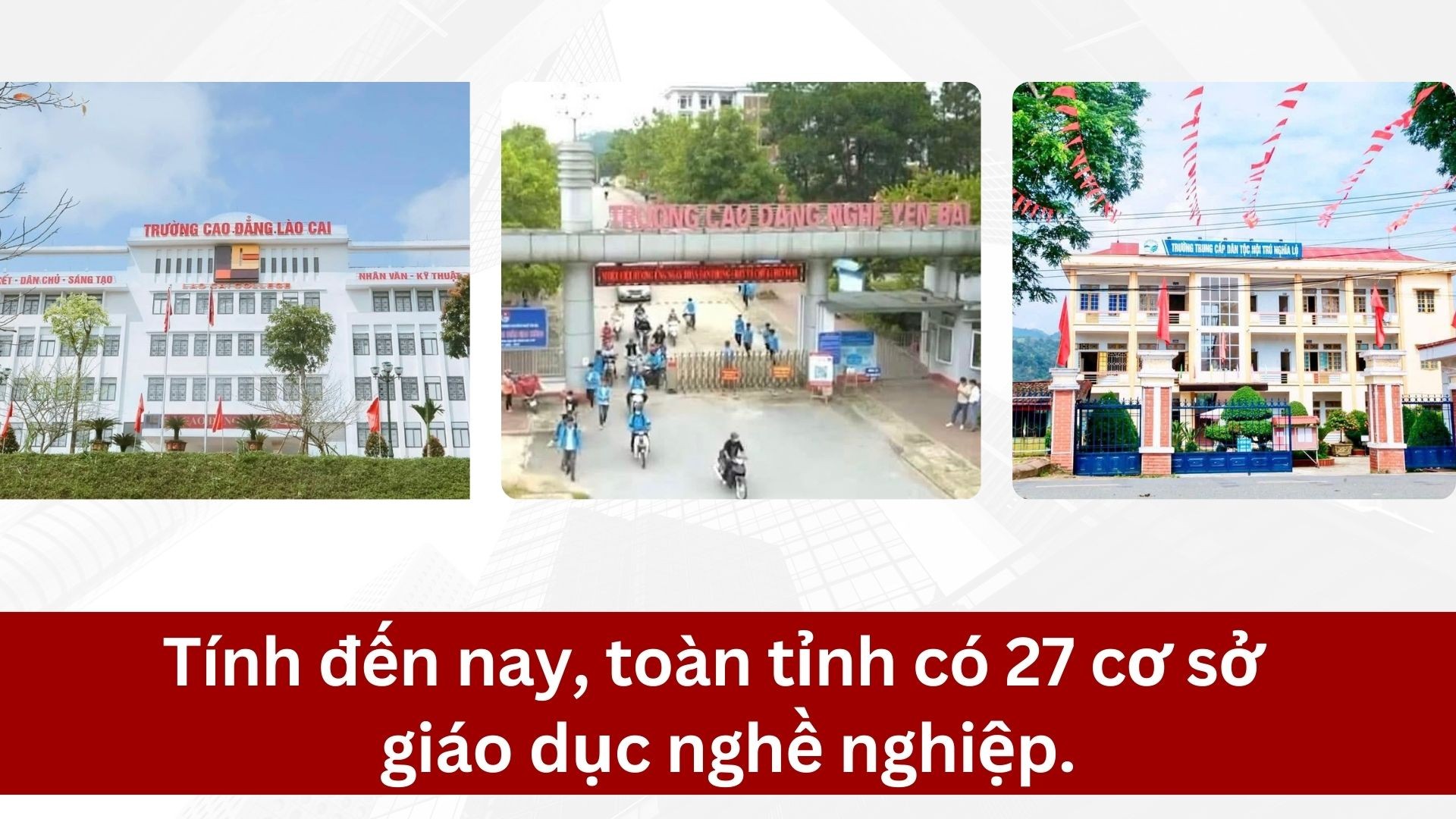
Ms. Do Thi Thanh Thuy - Vice Principal of Yen Bai Vocational College said: "With the motto "Training quality is the honor of the school", every year, the rate of students graduating with good and excellent grades is over 80%, the employment rate is over 90%. The school always receives the support and participation of businesses in graduation assessment and output recruitment".
Along with the scale, the quality of training has also been improved. Vocational training institutions have proactively innovated their programs and curricula, focusing on practice, linking training with businesses and according to orders. Some occupations such as culinary arts, tour guides, and industrial electricity have approached ASEAN standards. Currently, 75% of teachers meet the prescribed standards, of which 28% have postgraduate degrees.
Mr. Nguyen Minh Thuan - Deputy Director of the Provincial Department of Education and Training emphasized: "The province sets the goal that all training programs are linked to practical needs, not allowing students to graduate without working skills. The connection between schools - businesses - management agencies is the key to improving training quality."

In the period of 2021 - 2024, the province has signed cooperation agreements with more than 60 enterprises inside and outside the area; at the same time, it has implemented 15 international cooperation projects, including joint programs with GIZ (Germany) and JICA (Japan). The total investment capital for vocational training facilities and equipment reached more than 150 billion VND, nearly 30% of which came from socialization.
Many facilities have been equipped with modern workshops, smart classrooms, 3D simulations, and online training management software. Some colleges have boldly implemented the “smart school” model according to international standards, creating a learning environment close to real production, helping students immediately become familiar with advanced technology lines.

Thanks to these steps, the rate of vocational students having jobs after graduation is about 90%, in which many industries such as industrial sewing, industrial electricity, and automotive technology have 100% of jobs immediately. This is a clear demonstration of the close connection between training and recruitment needs.
Despite many positive results, vocational education in Lao Cai still faces many difficulties. Notably, forecasting human resource needs is not close to fluctuations in the labor market; some facilities lack uniformity in equipment; the rate of junior high school graduates participating in vocational training is only about 23%, lower than the set target.

In addition, attracting good teachers to work in mountainous areas is still a difficult problem. Limited living conditions and low remuneration make it difficult to retain quality human resources. In particular, rapid changes in technology and new employment trends also require vocational education to be flexible and innovate promptly, avoiding being outdated and out of step with the needs of businesses and society.
Faced with the above challenges, Lao Cai has set a breakthrough target for the coming period. According to the plan, by 2030, the rate of trained workers with degrees and certificates will reach over 36%; 100% of vocational training institutions will meet quality accreditation standards; at least 10 occupations will approach international or regional standards.
The province also determined to promote digital transformation in vocational education, develop online training models, and strengthen international cooperation, especially in advantageous fields such as tourism, logistics, and high-tech agriculture.

High-quality human resources will be the foundation for Lao Cai to successfully achieve the goal of becoming a fairly developed province in the Northern midland and mountainous region by 2045. Vocational education is the bridge to transform
potential into advantage, turn advantage into
competitive strength
To achieve the set goals, Lao Cai continues to synchronously deploy solutions: strengthening the network of vocational training facilities; promoting socialization, mobilizing businesses to participate in training; building policies and mechanisms to attract and retain high-quality lecturers; developing key occupations associated with local strengths.

In particular, the province aims to have 75% of trained workers by 2030, of which 36% will have workers with diplomas and certificates.
The rate of ethnic minority workers receiving vocational training is 50%; the rate of workers with information technology skills is 90%.
Some key facilities such as Lao Cai Vocational College and Yen Bai Vocational College will be built according to high-quality school standards, approaching the level of ASEAN-4 countries, and moving towards international standards for key occupations.

It can be seen that, from the correct policy to the drastic participation of the entire political system, the companionship of enterprises and the innovation efforts of vocational training institutions, Lao Cai is gradually realizing the aspiration of building high-quality human resources. This will be a solid foundation for the province to make a breakthrough in the process of industrialization, modernization and deep international integration in the future.
Source: https://baolaocai.vn/tao-dot-pha-trong-phat-trien-giao-duc-nghe-nghiep-post882819.html


![[Photo] Prime Minister Pham Minh Chinh attends the groundbreaking ceremony of two key projects in Hai Phong city](https://vphoto.vietnam.vn/thumb/1200x675/vietnam/resource/IMAGE/2025/9/27/6adba56d5d94403093a074ac6496ec9d)























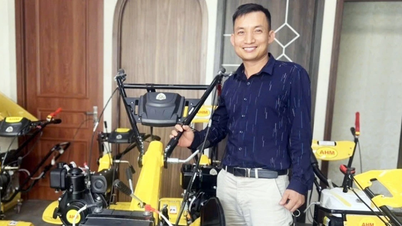












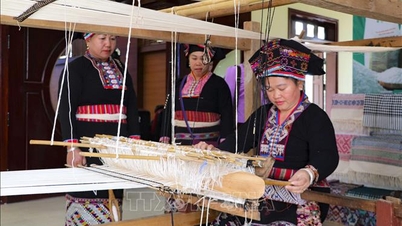








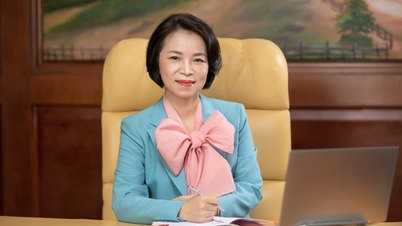





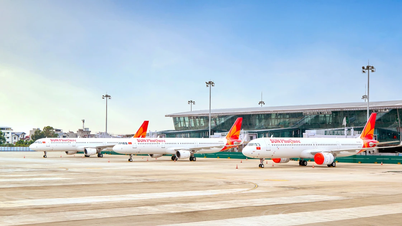






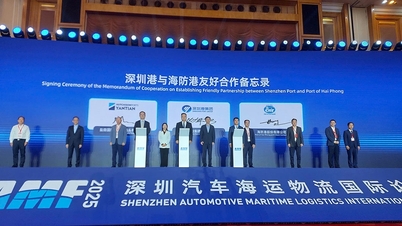







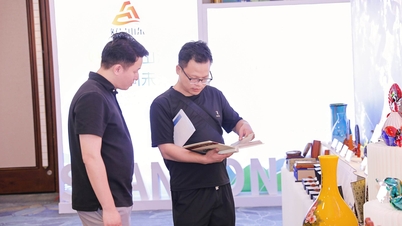



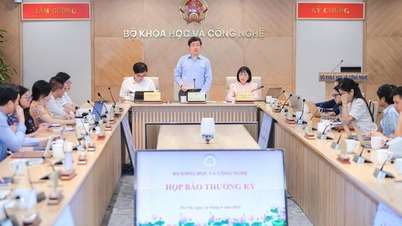


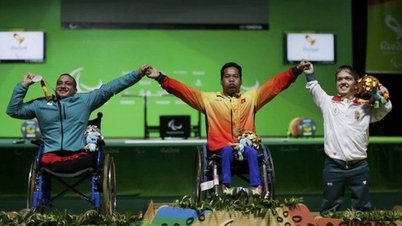


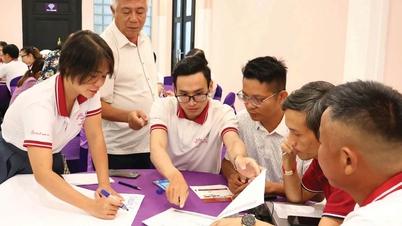


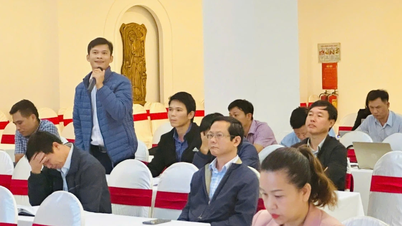




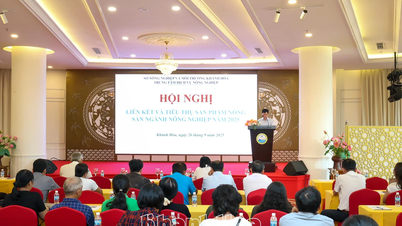





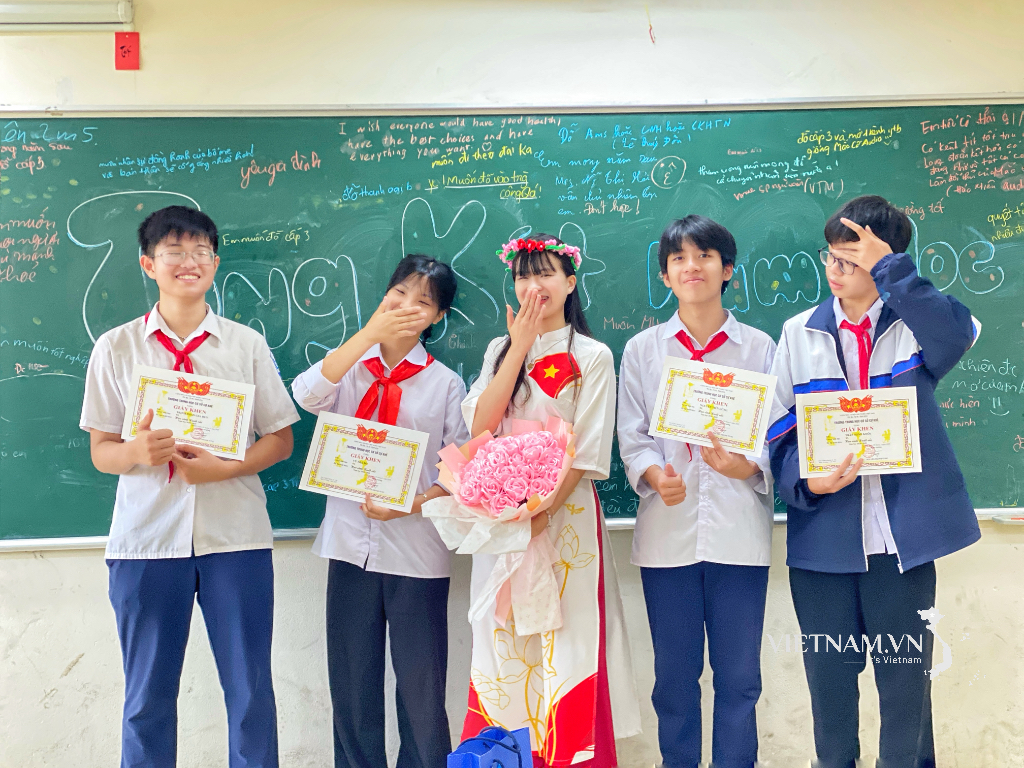



Comment (0)